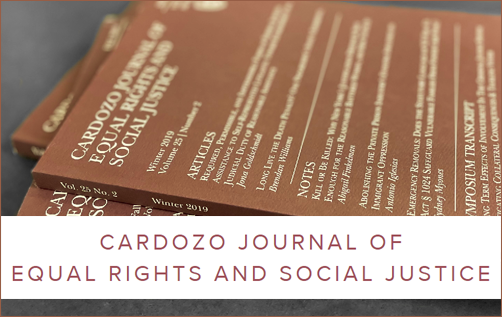Document Type
Article
Publication Date
11-9-2021
Graduation Year
2023
Abstract
Federal Rule of Evidence 609, Impeachment by Evidence of a Criminal Conviction, allows the litigating parties to attack a witness’s “character for truthfulness” by evidence of a criminal conviction at trial. The rule allows a witness’s prior felony conviction or any conviction that involved a dishonest act or false statement to be admitted by a trial judge for impeachment purposes. Often defendant-witnesses are the most affected by this rule because it allows jurors to make a propensity inference about the defendant’s (un)truthful character, although it may not actually be representative of their character or probative of the crime at hand. There is a high prejudicial effect of allowing previous convictions to be admitted into evidence because the jury is allowed to make inferences that witnesses testimony is untrue because they were once convicted of a crime, and therefore they must not be telling the truth now. There is a double-edged sword here: the defendant can choose not to testify, which may make him appear guilty in the eyes of the jury, or he can testify, but he runs the risk of being impeached for his prior convictions. The admission of prior conviction evidence contributes to a system that disfavors criminal defendants and disproportionately impacts people of color.
This post was originally published on the Cardozo Journal of Equal Rights and Social Justice website on November 9, 2021. The original post can be accessed via the Archived Link button above.
Recommended Citation
Morrison, Niara, "The Prejudicial Impact of Federal Rule of Evidence 609 on Black Defendants" (2021). Cardozo Journal of Equal Rights and Social Justice (ERSJ) Blog. 8.
https://larc.cardozo.yu.edu/ersj-blog/8



